
September 25, 2023
Press Release Consumer ProtectionEthics in GovernmentFinancial RegulationIndependent AgenciesJudiciarySupreme Court
Clarence Thomas Must Recuse From Koch-Backed CFPB SCOTUS Case
Corrupt Supreme Court Justice should not participate in case that would benefit his wealthy benefactors.
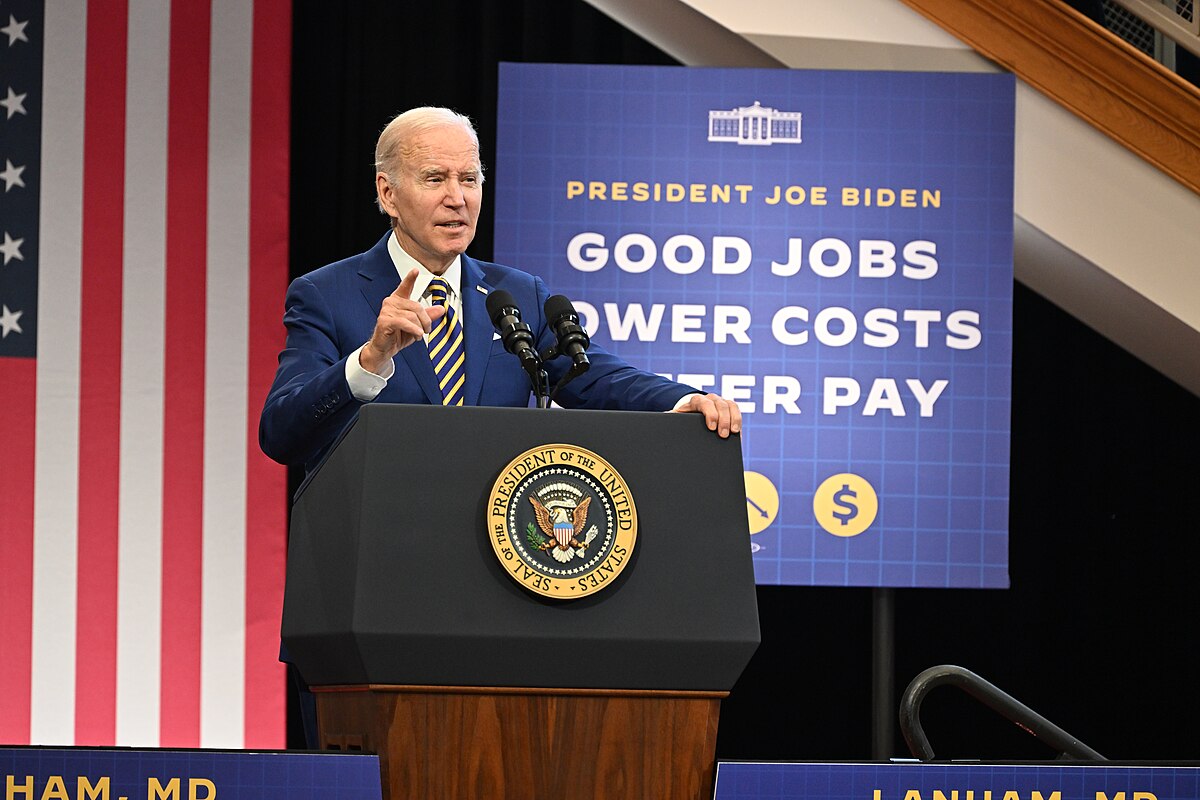
September 06, 2023 | Revolving Door Project Newsletter
Cracking Down on Judicial Corruption & Celebrating Pro-Labor Rulemaking
With Labor Day now behind us, Hot Labor Summer has come to a scorching end, but the labor movement is alive and well with several heavyweight bouts looming on the horizon. This transition time is the perfect moment to take stock of the Biden administration’s labor allyship — applauding recent rulemaking efforts, highlighting some shortcomings, and previewing some potential labor strikes coming this fall.

September 06, 2023 | The American Prospect
The Revolving Door Threatens the Integrity of the U.S. Patent and Trademark Office
More problematically, conflicts of interest have plagued the USPTO, including at the highest levels. Trump-era USPTO director Andrei Iancu was far too cozy with patent law firms while he served in government. Iancu came in via the revolving door from patent litigation firm Irell & Manella, where he earned $4,733,748 as a managing partner in the year before he was nominated, and went out the door and back to the firm when his term was up. He is now a partner in Sullivan & Cromwell’s patent practice.
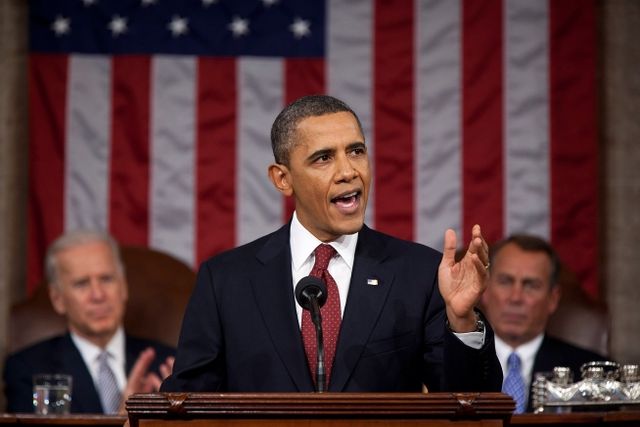
August 29, 2023
The Inaction Of The Obama Administration Got Us Here In Florida
A few days ago, a white supremacist murdered three innocent Black people at a Dollar General store in Jacksonville. Like the shooter in Buffalo and Dylann Roof in Charleston, he had a manifesto that espoused white nationalist talking points and conspiracy theories. The prevalence of racist attacks in recent years underscores the alarming rise of right-wing domestic terrorism in the United States. The problem I want to address is: Who at the highest levels of government is to blame for this?
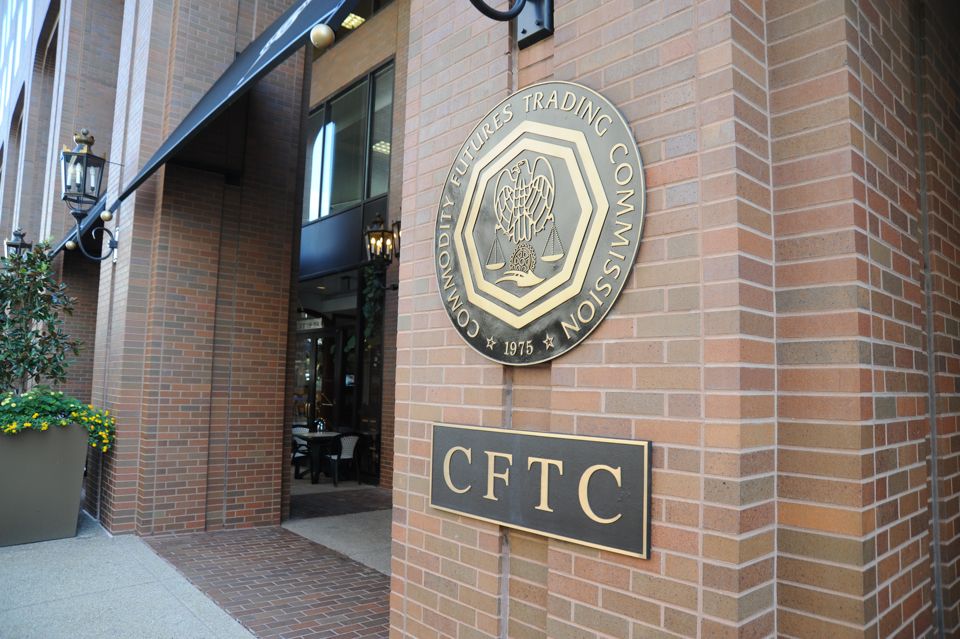
August 17, 2023 | The American Prospect
The CFTC Ponders Gambling on Democracy’s Future
As long as one party remains totally united behind a man who attempted to overthrow the government by force, was the most corrupt president in American history, and undermines the public’s faith in elections at every turn, the future of American democratic self-government is at risk.
Sounds scary. But what if I told you this was a great opportunity for fun and profit? Silicon Valley–backed startup Kalshi is attempting to expand the amount of gambling on the country’s elections with the introduction of an “event contract” centered around congressional elections. Simply put, the firm aims to allow traders to bet on the event: Which party will win control of Congress?
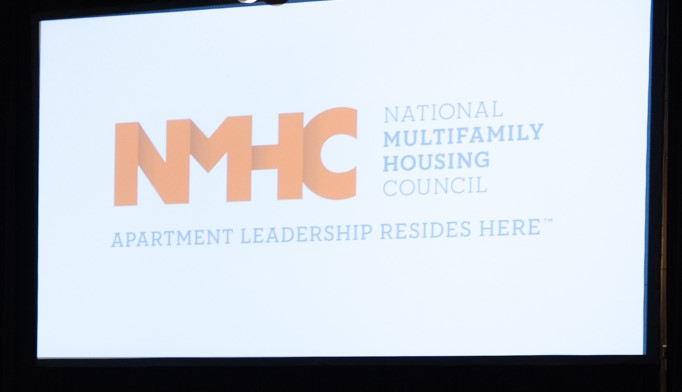
July 21, 2023
Harlan Crow’s Minions Are Keeping Your Rent High
The National Multifamily Housing Council (NMHC) – a landlord lobby group led by Crow’s right-hand man – has spent millions to kill tenant protections and rent regulation.
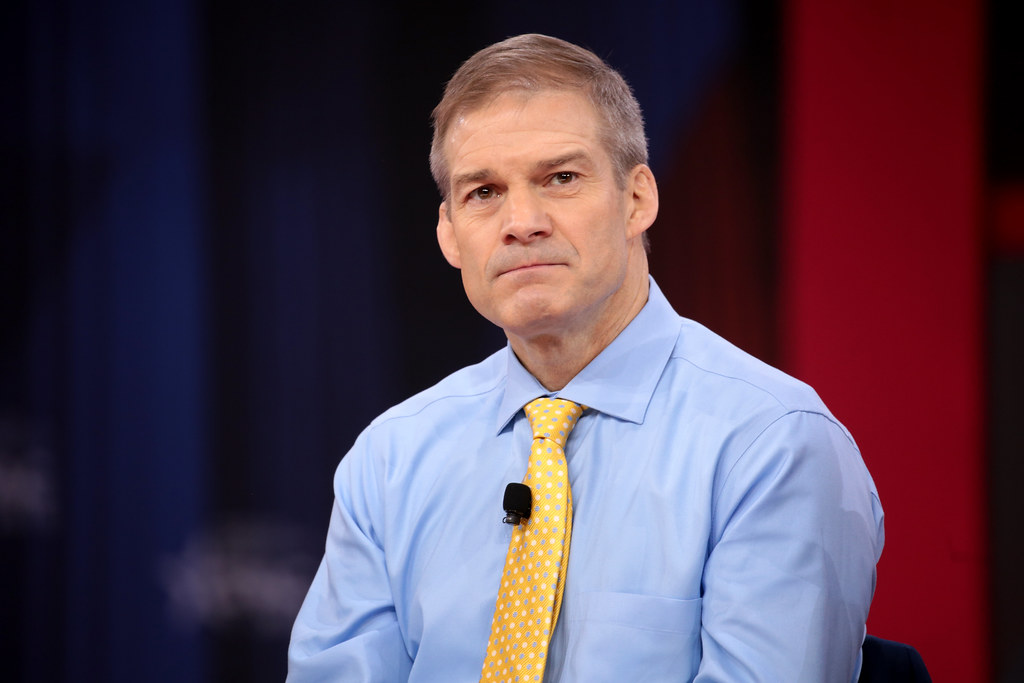
July 17, 2023
Lina Khan Unscathed By Conflicted Ethics Officer and Pro-Monopoly Republicans
Rep Jim Jordan and company had already been eyeing Khan for an investigation because she had the audacity to enforce a consent decree that Twitter violated under Elon Musk’s leadership. Then, they eagerly seized on last month’s (conveniently timed) reporting from Bloomberg which published a previously unseen memo from an FTC ethics official and accused Chair Khan of ignoring the official’s recommendation. With that backdrop, the Republicans seemed poised to strike while the iron was hot, a culmination of their years-long project to undermine Khan’s leadership and reputation. The result was … much different. Thanks to some sleuthing on our part and the bipartisan support for taking on tech monopolies, yesterday’s hearing was less a damning inquisition and more a victory lap for Khan’s rejuvenation of the FTC.
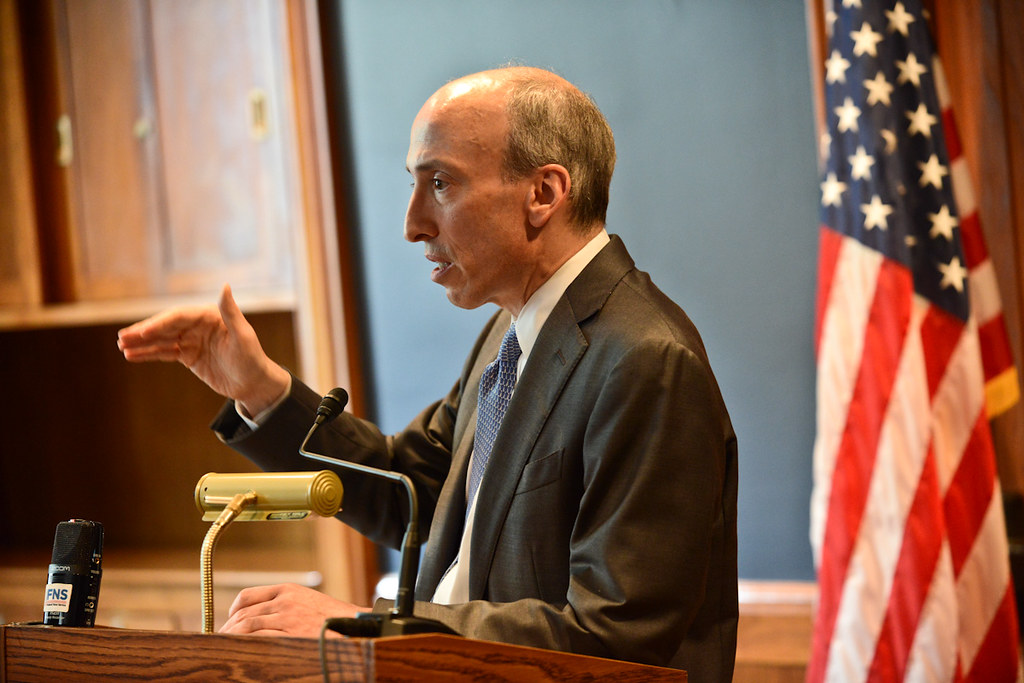
July 14, 2023
The Crypto Industry Thinks Gary Gensler Should Recuse Himself From Enforcement Actions.
If we were to agree to the industry’s demand that policy experts should be precluded from regulating issues they have spent significant amounts of time developing expertise in, we would be setting a precedent that severely undermines any kind of public-minded enforcement. In fact, banning experts such as Gensler would leave the public with a pool of potential regulators who are either already corporate-aligned or unqualified to adequately opine on pressing issues.

July 11, 2023
Revolving Door Project Sends Chair Khan Letter on FTC Ethics
In advance of the House Judiciary Committee holding a hearing on Thursday, July 13, 2023, at 10:00 a.m. ET on “Oversight of the Federal Trade Commission,” Revolving Door Project has sent a letter to FTC Chair Lina Khan calling on her to take on the FTC’s considerable internal revolving door challenges.

July 05, 2023 | The American Prospect
Lina Khan Haters Took A Premature Victory Lap
It turns out that the ethics official who recommended that Khan recuse herself from a case involving Meta is an owner of Meta stock. This ethics judgment was music to the ears of the media organizations, Republicans, and antitrust hacks who have been attacking Lina Khan throughout her leadership. Beyond being wrong and selective in singling out FTC officials for ethics concerns, the problem with Pankey’s opinion is deeply ironic. Pankey herself has a legitimate conflict of interest in relation to Meta.
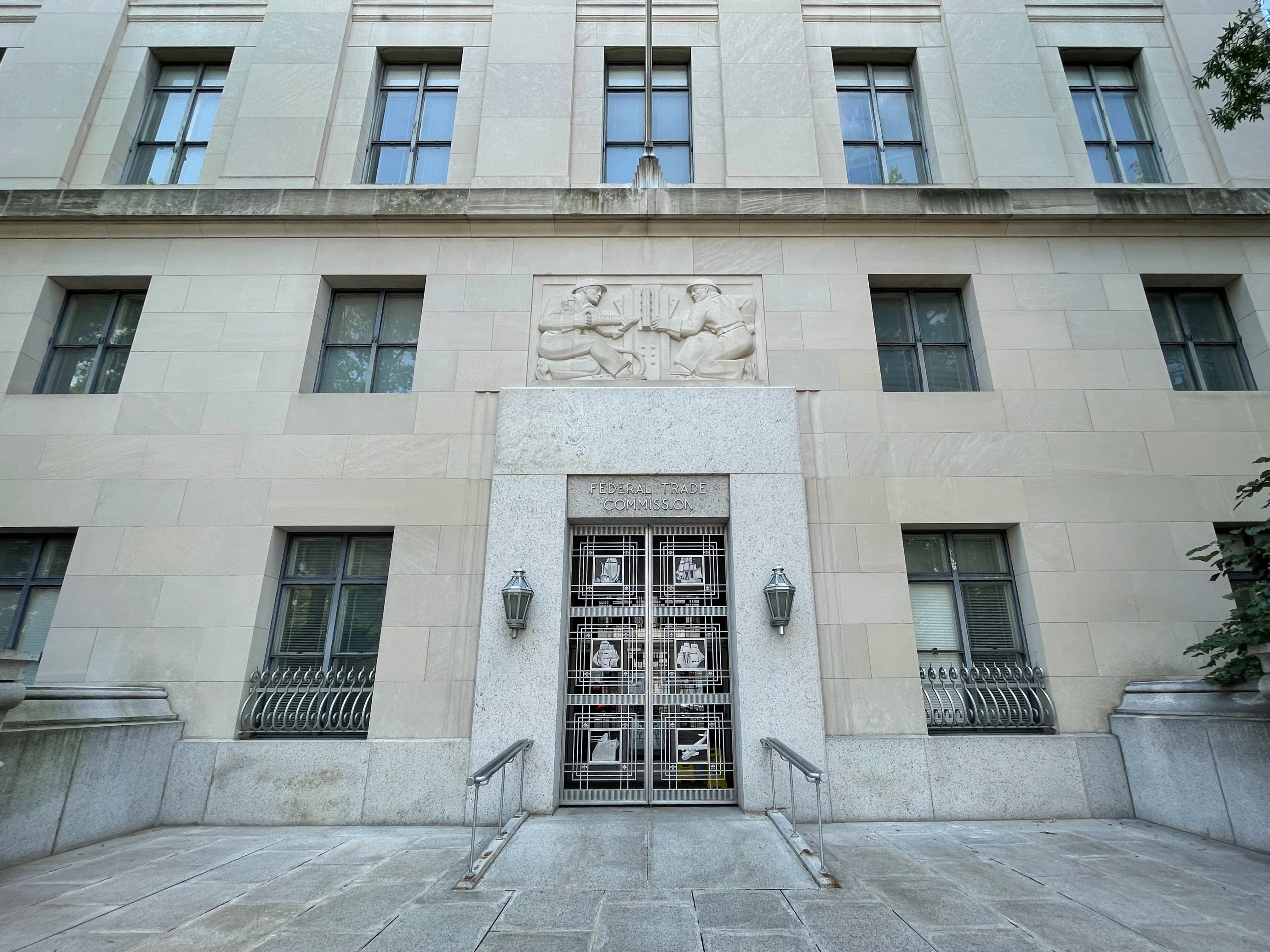
June 30, 2023
RDP Asks FTC IG To Investigate Ethics Officer Who Pushed Khan To Recuse While Owning Meta Stock
The ethics officer who recommended Lina Khan recuse herself from the Meta/Within case owns between $15k and $50k in Meta stock.

June 23, 2023 | Revolving Door Project Newsletter
Treat Alito Like The Hack He Is
Let’s take a step back and consider what it means for a Supreme Court Justice to respond to questions for a news article by publishing an angry opinion piece in a (very) different publication than the one which contacted him, and apparently without informing the journalists ahead of time.

June 08, 2023
PRESS RELEASE: Revolving Door Lawyers Aim To Dismantle Antitrust Enforcement Authorities
Cravath, Swaine & Moore’s Christine Varney, a former head of the US Department of Justice’s Antitrust Division, and other BigLaw lawyers representing Illumina and Grail filed a brief this week seeking to secure a merger which the FTC said would “diminish innovation in the U.S. market” for cancer detection tests. Revolving Door Project Research Director Andrea Beaty released the following statement concerning the brief and its authors.

June 01, 2023 | The American Prospect
How to Cover a Presidential Campaign
As the past six years have clearly illuminated, hollowing out government capacity and rewarding loyalists is at the heart of the Trump gospel, and leveraging power is DeSantis’s modus operandi as well. As coverage of the Republican primaries ramps up, the press must focus on how this style of executive branch mismanagement endangers democracy and the public interest. That’s more important than trying to figure out if DeSantis has the personality to sell this anti-democratic vision.
May 31, 2023 | Revolving Door Project Newsletter
Tracing the Impact of Sackett v. EPA On Beloved Waters
There is a ripe poetic injustice to the fact that this long Memorial Day weekend in late May—a lush time of year when the generosity of this planet is so apparent—was book-ended by attacks on two of this country’s most important environmental laws.
